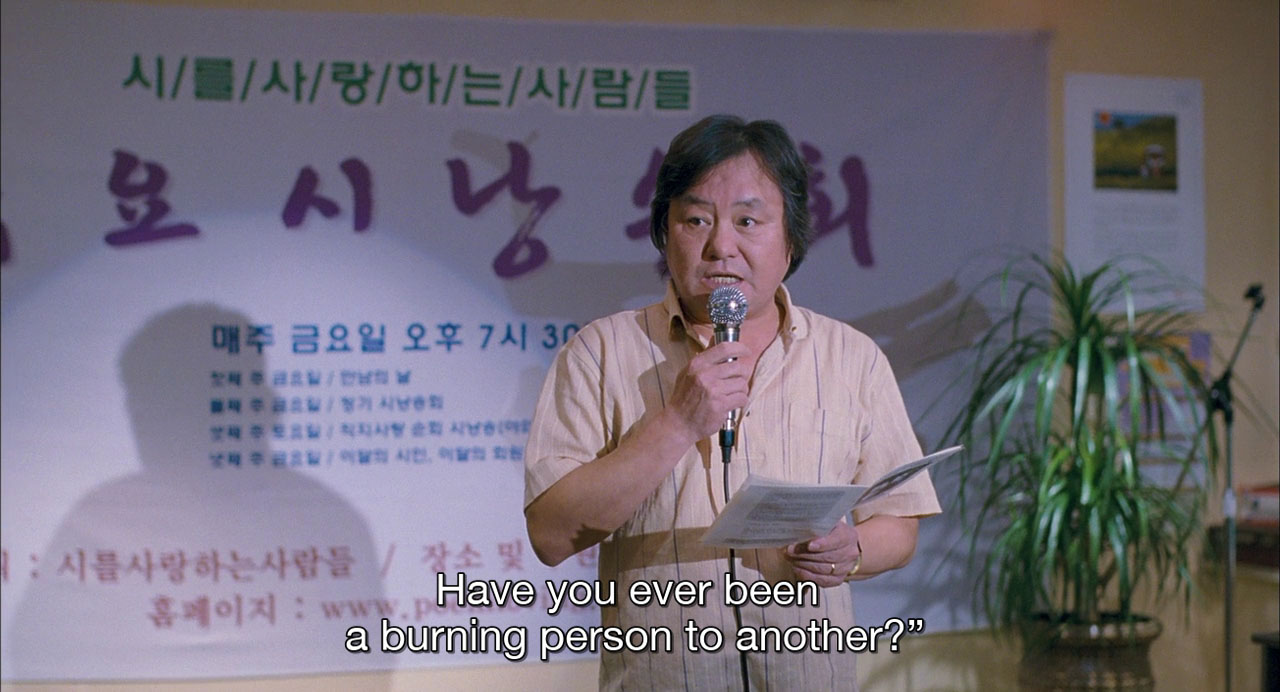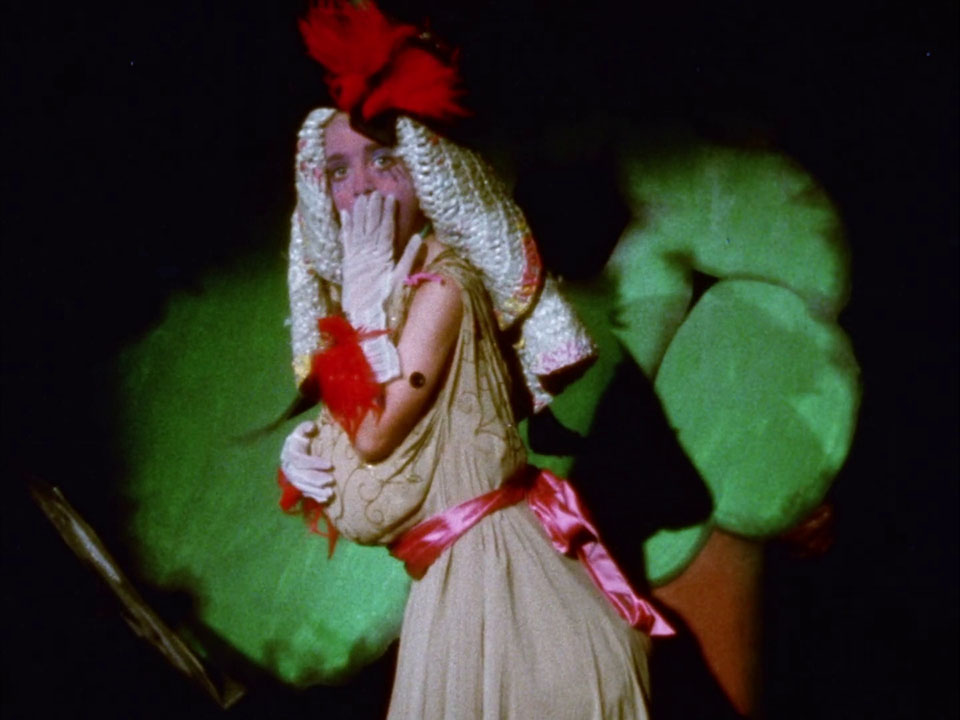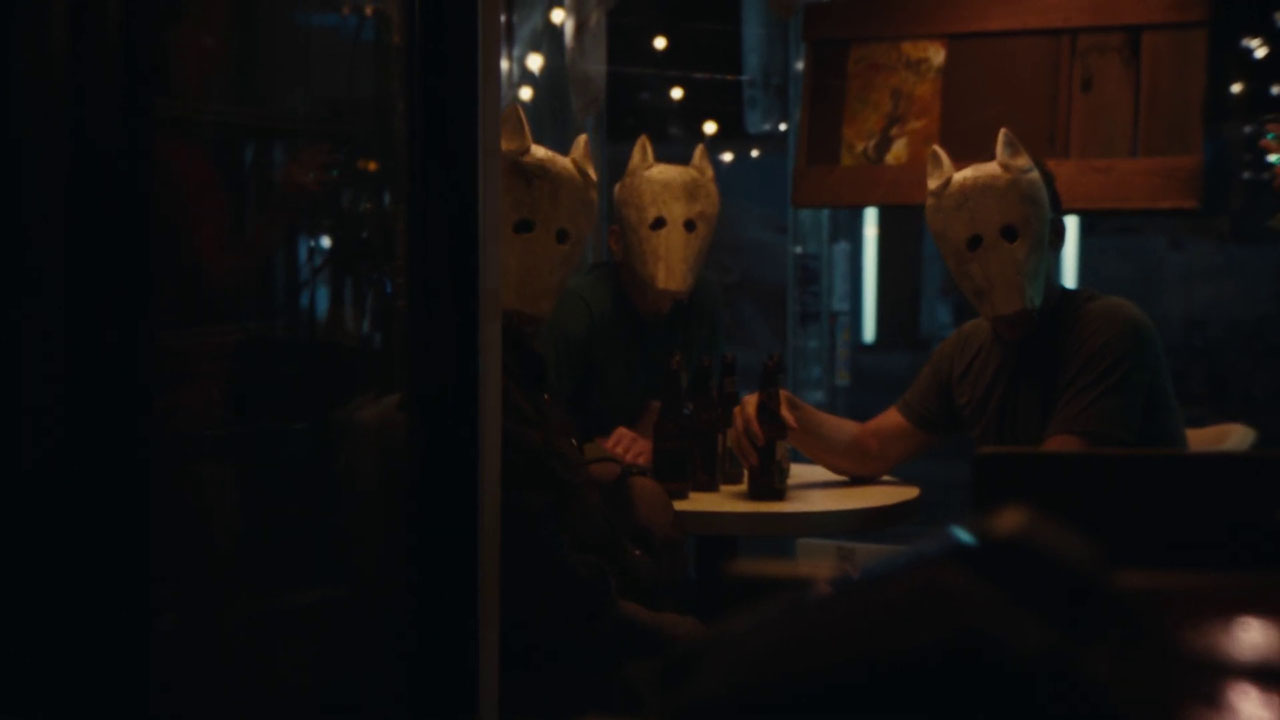Same Vogel chapter as The Spanish Earth, “Left and Revolutionary Cinema: the West.” Useful to note that Vogel is never posting lists of his favorite movies, but the ones that illustrate a particular quality or movement – he spends half this chapter complaining about early 1970s Godard.
Unfortunately, the resultant films – from British Sounds to Tout Va Bien – prove that to “will” political cinema into being without the mediation of art is self-defeating. Despite brilliant sequences (reminiscent of the “old” Godard), these works are visually sterile, intellectually shallow, and, in terms of their overbearing, insistent soundtracks didactic, pedantic, dogmatic.
–
The Cry of Jazz (1959, Edward Bland)
“Rock and roll is not jazz.” Argument within a college(?) jazz club about whether only Black people could have created jazz, the white boys arguing that there are plenty of white players so race has nothing to do with it. Narrator Alex explains how music works (repeating chorus, changes/harmonies) and how jazz has evolved, culminating in the hottest group of today, the Sun Ra Arkestra. While the kids are stuck arguing in their musicless bland room, our camera hits the streets and the clubs seeking examples for Alex’s explanations. After a savage scene comparing Black life (pool game) to white life (poodle getting a haircut), eventually there’s a short debate over whether Americans have souls, concluding ambivalently: “America’s soul is an empty void.” For a half-hour movie that begins looking like a MST3K educational short, this sure takes some wild turns.
The two restraining elements in jazz are the form and the changes. They are restraining because of their endless repetition, in much the same way that the Negro experiences the endless daily humiliation of American life, which bequeaths him a futureless future. In conflict with America’s gift of a futureless future is the Negro’s image of himself. Through glorifying the inherent joy and freedom in each present moment of life, the Negro transforms America’s image of him into a transport of joy. Denied a future, the joyous celebration of the present is the Negro’s answer to America’s ceaseless attempts to obliterate him. Jazz is a musical expression of the Negro’s eternal recreation of the present. The Negro’s freeing worship of the present in jazz occurs through the constant creation of new ideas in jazz. These new ideas are born by improvising through the restraints of the form and the changes. Jazz reflects the improvised life thrust upon the Negro. Now, melody is one element which can be used in improvisation. The soloist creates this melody through elaborating on various details of the changes. The manner in which each change shall be elaborated upon is a problem of the eternal present. As Negro life admits of many individual solutions, so does the way in which a change can be elaborated upon. Of course the Negro, as man and/or jazzman, must be constantly creative, for that is how he remains free. Otherwise, the dehumanizing portrait America has drawn of him will triumph.

Editor Howard Alk worked on Dylan movies, and one of the jazz club girls grew up to be Magnolia‘s Rose Gator. Bland went on to arrange for Sun Ra in New York and compose orchestral works. From his NY Times obituary:
The British critic Kenneth Tynan, in a column for The London Observer, wrote that it “does not really belong to the history of cinematic art, but it assuredly belongs to history” as “the first film in which the American Negro has issued a direct challenge to the white.”
–
I’m a Man (1969, Peter Rosen)
“Police are always frightened.” John walks through a Connecticut town carrying a spear in order to provoke white people, then calls his wife to say he’s about to be arrested. The doc(?) interviews people from John’s court case: the whites think he’s incompetent, the blacks realize he’s an intellectual. John sees himself as a militant, says he expects to die poor and hated, but aims to increase freedom for his kids.

–
Wholly Communion (1966, Peter Whitehead)
Something completely different: document of a post-beatnik pre-hippie poetry reading in June 1965 at Royal Albert Hall. “This evening is an experiment” – with minor crowd disturbance or drama or movement, it’s mostly just guys reading poetry with better-than-decent sound recording.
Ginsberg listens and waits his turn:






















